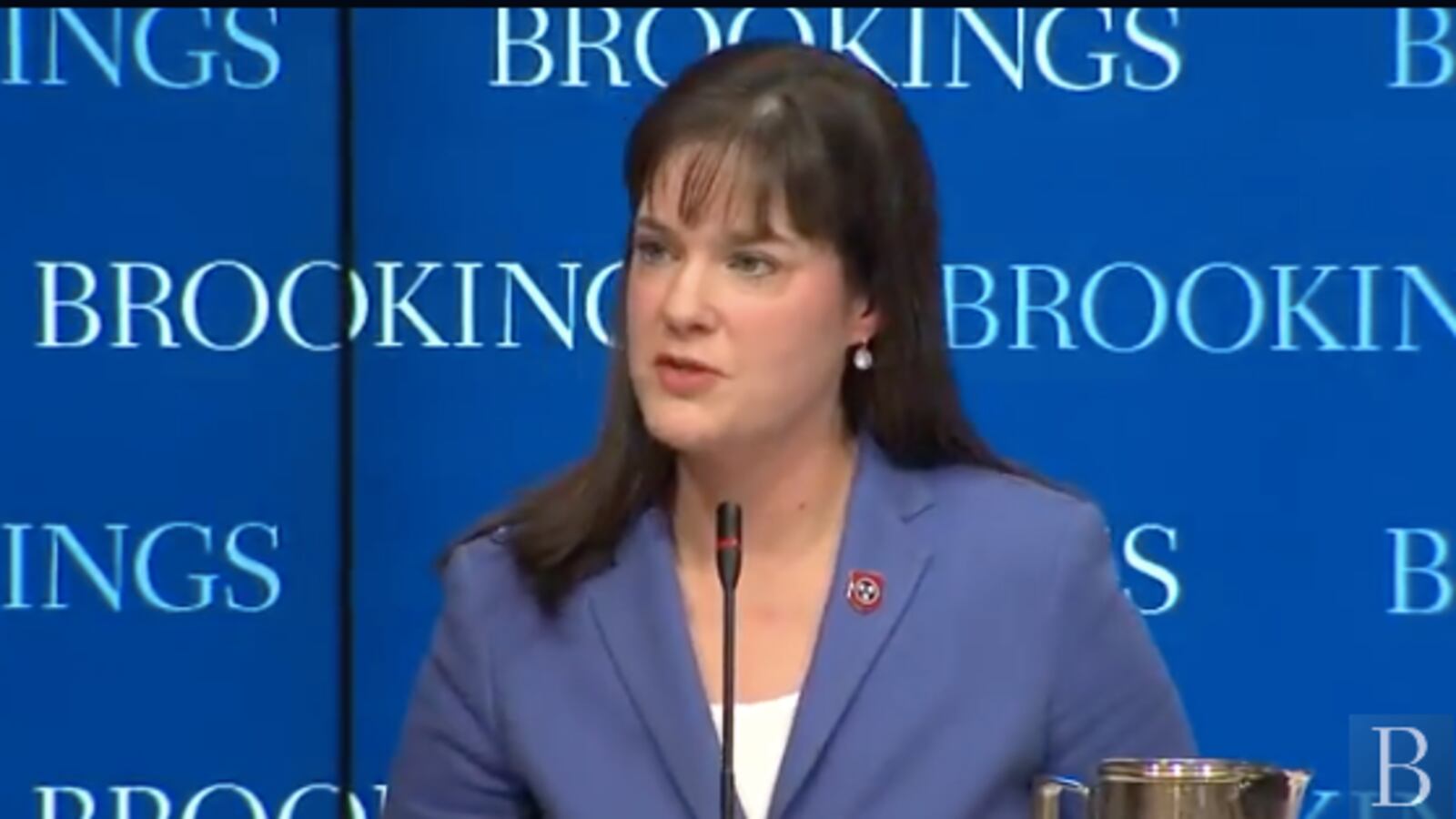The temptation for principals to place their best teachers in grades with high-stakes testing has Education Commissioner Candice McQueen concerned about the quality of teaching in Tennessee’s earliest grades.
Like other states, Tennessee doesn’t mandate testing until the third grade, when student scores are used to begin gauging the performance of students, teachers, schools and entire districts.
McQueen says local administrators are learning the hard way that reassigning lower-performing elementary school teachers to non-tested grades doesn’t help their students get the foundation they need for lifelong learning, a charge backed up by research from Vanderbilt University.
“They would say … since we’re starting our value-added measure, starting our work around teacher evaluation, starting how we look at districts at third grade, they made some poor decisions about who they were putting in their kindergarten, first, and second grade classrooms, and pre-K,” she said Monday during a panel discussion about prekindergarten at the Brookings Institute in Washington, D.C.
The fix? Next school year, Tennessee will require its pre-K programs to evaluate teachers using “growth portfolio models,” which are based on samples of student work. The evaluations will help teachers identify their own strengths and weaknesses, and guide professional development. The state already has piloted portfolio models for kindergarten and first-grade teachers.
“All of our pre-K and kindergarten teachers in 97 percent of our districts will be going through a portfolio growth model that will allow us to actually look at effectiveness of our pre-K and kindergarten teachers,” she said.
McQueen isn’t the only Tennessee education leader seeking to address concerns around early education instruction. Sharon Griffin, Shelby County’s chief of schools, says pressures around testing have long warped teacher placement priorities in her district.
“I will be very honest and transparent,” Griffin told local school board members earlier this month. “There was once upon a time that when the test was only grades 3 through 12, we put the least effective teachers in K-2. We can’t do that anymore. We’re killing third grade and then we have students who get in third grade whose challenges are so great, they never ever catch up — because three years with an ineffective teacher is hard for you to catch up.”
The new teacher evaluation system is one of many changes around early education that the state is making with the support of researchers at Vanderbilt University. The changes are in response to a 2015 study that found the benefits of the state’s public pre-K program faded by second grade.

